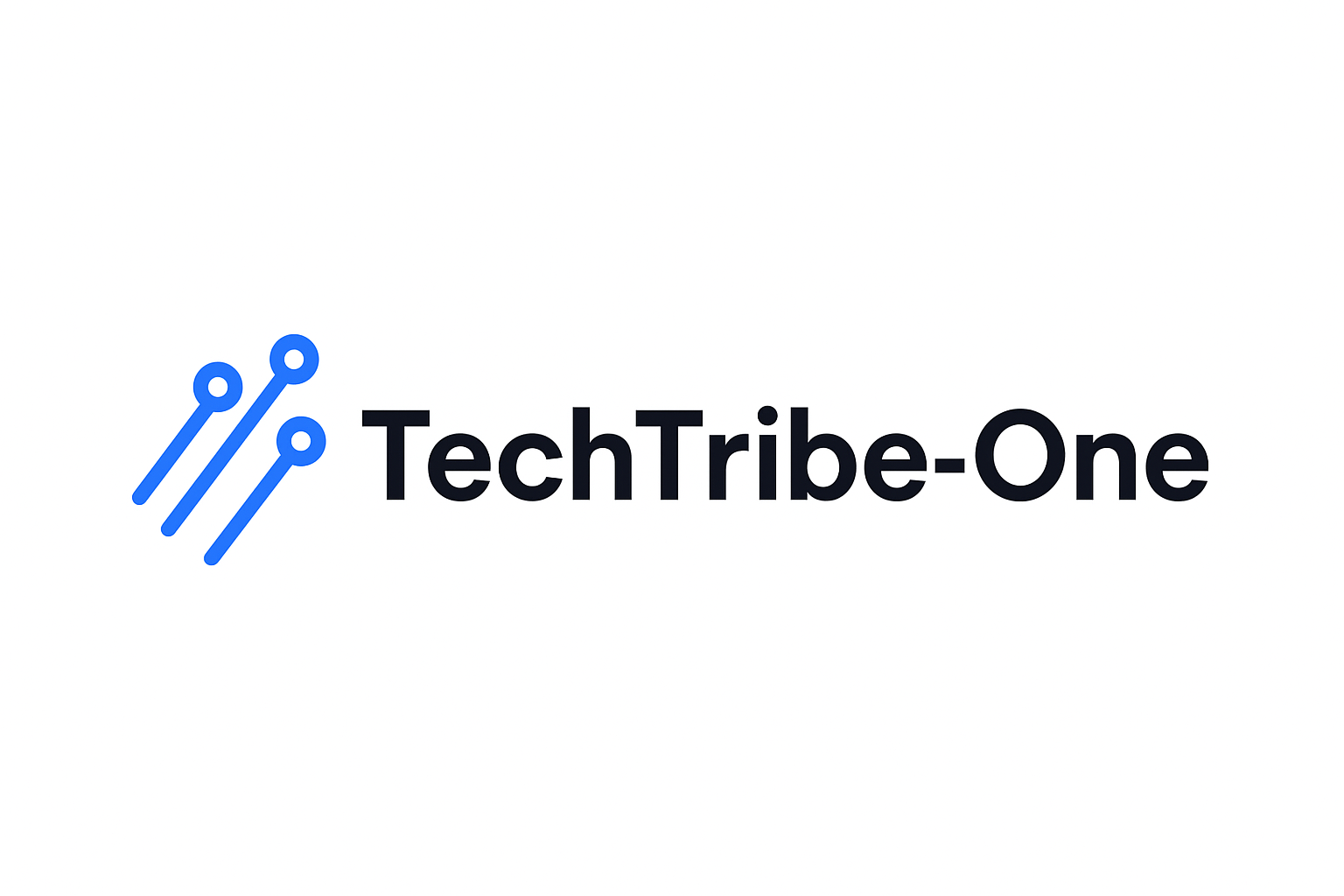Elon Musk Faces Fresh Regulatory Heat Over Tesla, The Boring Company
From tunnels to self-driving cars, Musk’s empire is under fire again — raising questions about innovation, accountability, and the limits of disruption.
It’s another busy week for Elon Musk — not for rockets or AI breakthroughs, but for regulatory battles. The billionaire’s companies are once again under intense scrutiny in the United States, testing how far tech innovation can stretch the rules before regulators push back.
According to TechCrunch and ProPublica, Musk’s tunneling firm, The Boring Company, has been accused of nearly 800 violations by Nevada state authorities. The infractions include unauthorized digging, improper waste disposal, and failure to install basic environmental protections like silt fences. Investigators say the company’s construction practices have repeatedly flouted state laws meant to protect city infrastructure.
Meanwhile, Tesla faces its own set of troubles. The California Department of Insurance has issued an enforcement action against the EV maker for allegedly delaying or denying customer claims — despite prior warnings. It’s a surprising turn, considering Tesla also acts as an insurer in several states, a move Musk has long championed as part of Tesla’s broader ecosystem strategy.
To top it off, the National Highway Traffic Safety Administration (NHTSA) has launched another investigation into Tesla’s Full Self-Driving (FSD) software. Reports indicate the system may have caused vehicles to run red lights and drift into wrong lanes. While the agency has previously probed Tesla’s Autopilot features, this new inquiry zeroes in specifically on the company’s flagship self-driving tech — a cornerstone of Musk’s vision for AI-driven transportation and robotaxis.
Despite the mounting regulatory attention, Tesla continues to roll out updates to its autonomous tech, with the latest version, FSD v14, already live. Yet, questions remain about how much scrutiny could slow Musk’s ambitious timeline for fully driverless vehicles and AI-powered mobility.
Interestingly, General Motors (GM) seems to be quietly reviving its own autonomous dreams. After shutting down its Cruise robotaxi program in 2024, GM is reportedly testing repurposed Chevy Bolt EVs in Texas, Michigan, and California — a move insiders say could signal a shift toward integrating Cruise’s tech into future personal vehicles. According to Bloomberg, GM has even begun rehiring some former Cruise engineers, suggesting the race for autonomous dominance is far from over.
For African innovators, the Musk vs. regulator saga underscores a global truth: technology disruption always attracts oversight. As Africa’s transport-tech and mobility sectors grow, balancing innovation with compliance will be critical — from e-mobility startups in Lagos to AI-driven logistics hubs in Nairobi.
🧠 TechTribe-One Insight
Musk’s clash with regulators highlights the tension between speed and structure in innovation. For Africa’s rising mobility startups, the takeaway is clear — dream big, but build responsibly. Regulators may slow you down, but they can also shape your path to long-term trust and sustainability.

